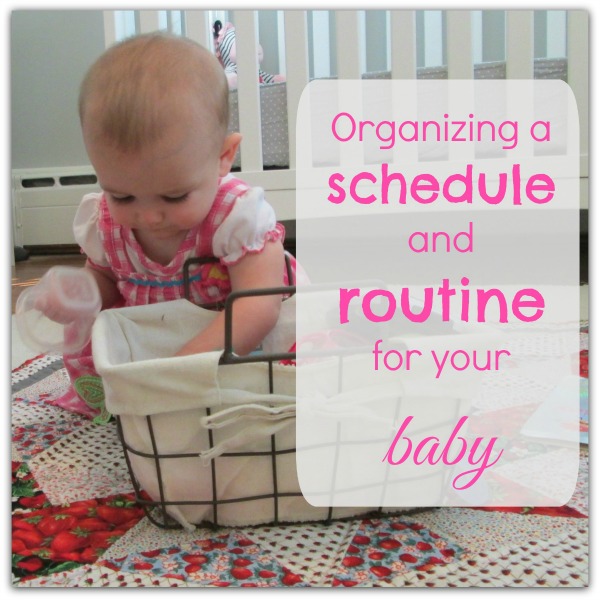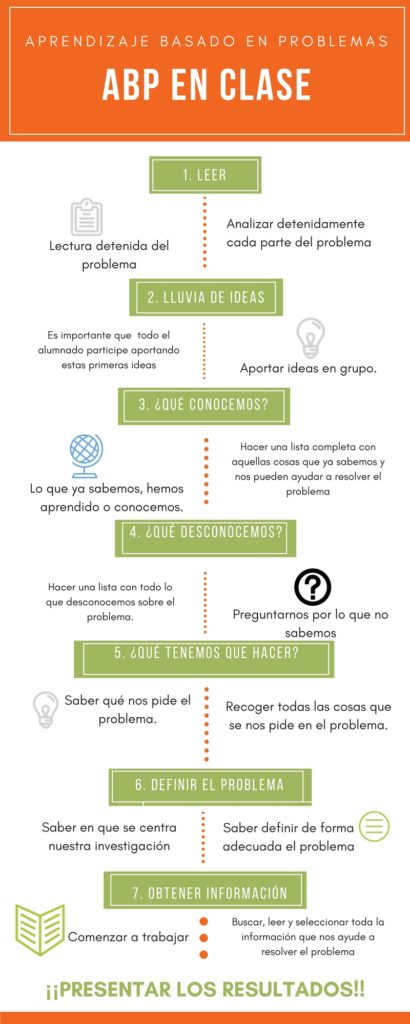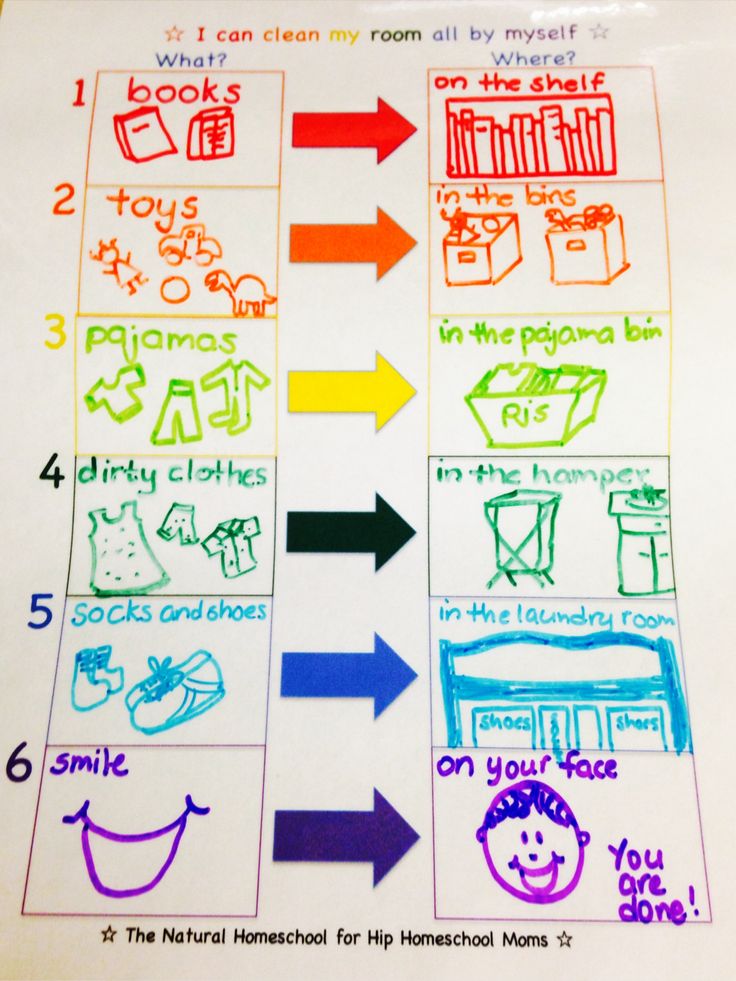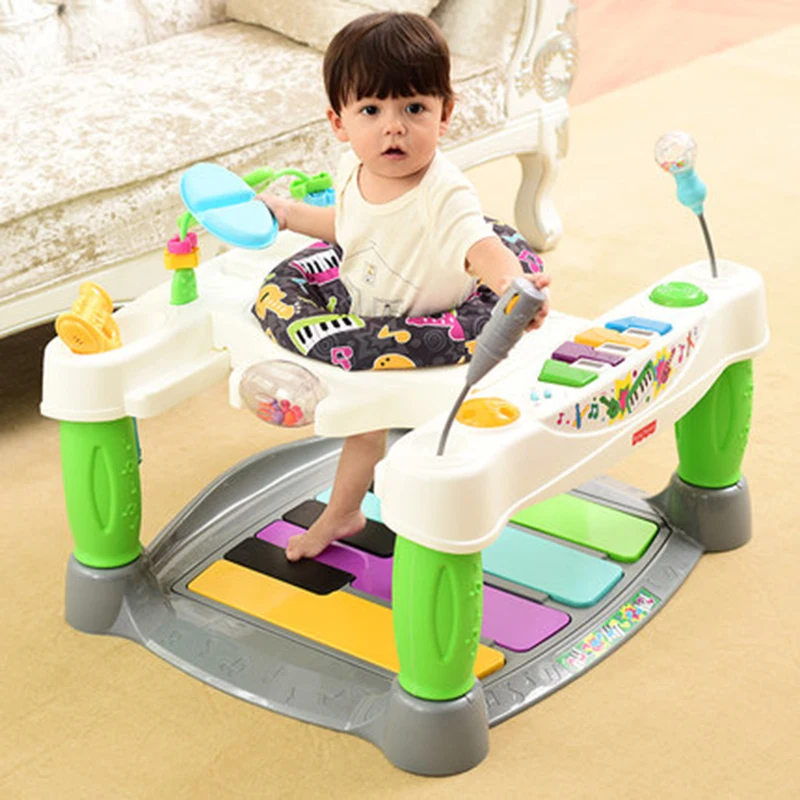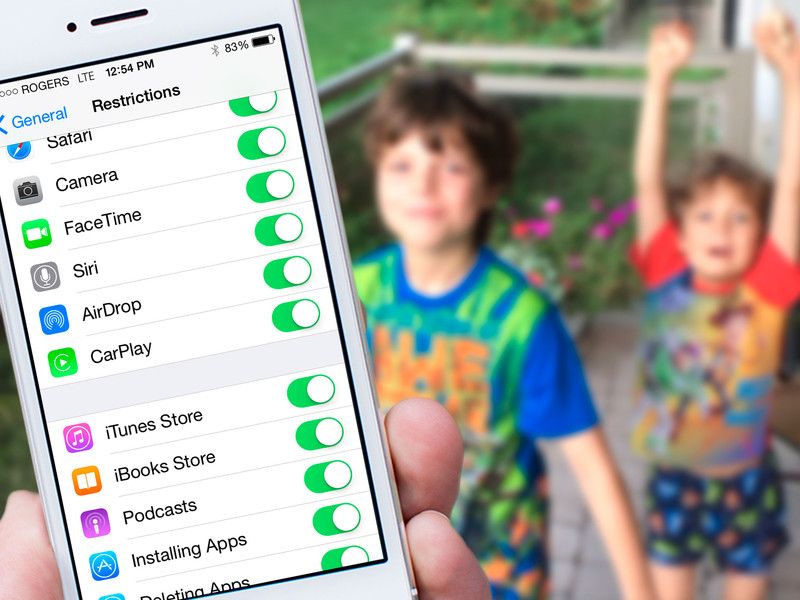How to be a good birthing partner
10 ways to be an awesome birthing partner
Feeling a bit nervous about what's going to happen in the delivery room? That's totally normal! These tips will help you prepare to be the best labour partner ever—though she may still swear at you.
Rachel Brannon and her husband Chris didn’t have a birth plan. “We winged it,” says the Hamilton mom. But her husband did one key thing that made it an amazing experience—he supported every call she made. Brannon had decided in advance that she wanted to hold out as long as possible before receiving an epidural, and her husband was there for her. “Whenever I would say, ‘OK, maybe I need the epidural,’ he would say, ‘Let’s try one more contraction.’ He was totally on board for what I wanted, and I loved everything about my birth experience,” she recalls.
While giving birth can be scary, having a supportive birth partner, whether it’s a spouse, partner or family member, can make all the difference, says Heidi Coughlin, a former labour and delivery nurse and registered midwife with Hope Midwives in Edmonton. Read on for expert tips on how to be a good birth partner.
1. Do your research
Meghan Moloney Keating and her husband, John, prepared for the birth of their son, Jack, by reading pregnancy books together. “I would read specific parts to my husband that I found interesting or that I thought he should know, especially chapters on how dads can be involved and supportive,” says Keating. Coughlin recommends that couples try to spend one hour each night (or at the very least, one hour a week), doing something baby-related to get prepared for the birth and to help keep the birth partner connected.
2. Attend prenatal classes together
Keating and her husband took prenatal classes offered by their local health unit in Peterborough, Ont., which provided plenty of information for them to create a birth plan together. “I’m glad John attended the classes with me so that he wasn’t as caught off guard as he might have been otherwise when things didn’t go exactly how we expected,” says Keating, who required a vacuum-assisted birth. Coughlin recommends attending a prenatal class that runs for a few weeks versus a weekend crash session so you have time to digest the information and ask questions.
Coughlin recommends attending a prenatal class that runs for a few weeks versus a weekend crash session so you have time to digest the information and ask questions.
3. Understand what support she wants and needs
Births don’t always go by the book. Things can change at any moment, so having a birth partner who understands what is most important during this physical and emotional process is very important. Does the mom-to-be want you to take action and be proactive with the nursing staff? Does she want you to massage her back or repeat words of encouragement? Or does she simply want you to just hold her hand and be there for her? Discuss what kind of support she wants beforehand so you’re both very clear on what will make things more manageable.
4. Take care of yourself
It’s not unheard of for a birth partner to be overwhelmed or feel unwell during the event, says Coughlin. Often, it’s because they are dehydrated or haven’t eaten, so keep some snacks on hand, have a water bottle with you and bring extra layers of clothes because birth rooms can be cold.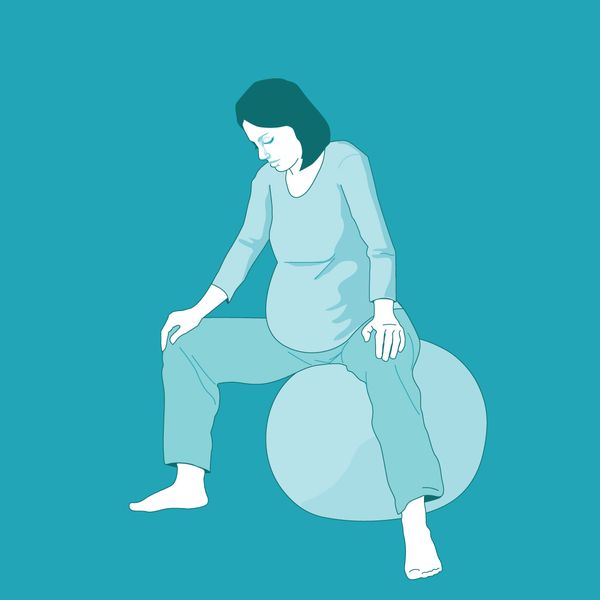
5. Make memories for her
Coughlin recommends documenting the moment with photos and videos. While the mom-to-be might be hesitant to have pictures taken of such an intimate, and often intense, moment, Coughlin says you can always delete them—it’s a better option than looking back and regretting not having any photos or videos. Make sure to have a conversation beforehand about what kind of documentation is acceptable so you’re not doing anything that will upset her.
6. Manage your own fears
If you’re overwhelmed by the process, then you won’t be in a position to help her. Mentally prepare yourself by watching YouTube videos beforehand so you’ll know what labour looks and sounds like, plus talk to other new parents and do some reading about birth, recommends Coughlin.
7. Distract her
Many birth partners will start timing the expectant mother’s contractions with an app, but the more she focuses on the contraction, the more painful it will seem, possibly causing her to tense up and not dilate, says Coughlin. When she goes into labour and before you head to the hospital, you should both do whatever you would normally do at that time, whether that’s sleeping or going out for lunch. Keep track of contractions, but don’t focus on them unless they appear to be coming on much quicker than expected. “You will notice when they are changing and know to go to the hospital when they are longer, stronger and closer together,” says Coughlin.
8. Make it feel like home
“Women labour best when they are comfortable and relaxed,” says Coughlin. Bring a microwaveable heat pack to help ease back pain and a tennis ball for massages. Make sure to pack extra pillows, easy snacks like freezies, fruit, granola bars and juice and an extra layer of clothes for both of you.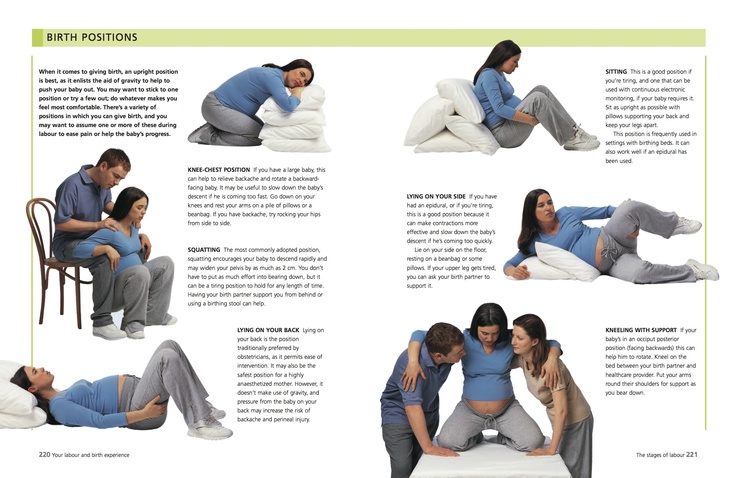 Make a playlist of her favourite songs, hypnobirthing downloads or podcasts that you can listen to and download some movies or TV shows to your tablet or phone to help distract her in case she has a long labour.
Make a playlist of her favourite songs, hypnobirthing downloads or podcasts that you can listen to and download some movies or TV shows to your tablet or phone to help distract her in case she has a long labour.
9. Be an advocate
After the birth of her son, Meghan had to spend a few days in the hospital. Her husband was an important advocate for her when she wasn’t able to be for herself. “Whenever I was in pain or anxious about something with the baby, like him not feeding well, John would venture out and find a nurse to come help us,” she says. “I literally didn’t leave our room for 48 hours and it was like coming out of a cocoon afterwards.”
10. Prep for post-partum
“The main thing I always tell people is that both the mom and birth partner are going to feel hung-over for a week,” says Coughlin. You’ll be too exhausted to do much, but there are a few key things you can have ready and waiting for your arrival home. Make some padsicles to soothe her sore lady-parts by soaking menstrual pads in water and witch hazel and placing them in the freezer. Nourishment is key for exhausted breastfeeding moms, so prep easy meals and pop them in the freezer so all you have to do is stick them in the oven, and stock the fridge so you don’t have to grocery shop. If your baby makes an early appearance, ask a friend or neighbour if they could do some grocery shopping while you’re dealing with labour and delivery: give them a list and a gift card to cover the expense (or order your groceries online and have them delivered), and leave a spare key so your friend can get in, and you’ll have a fully stocked fridge when you get home.
Nourishment is key for exhausted breastfeeding moms, so prep easy meals and pop them in the freezer so all you have to do is stick them in the oven, and stock the fridge so you don’t have to grocery shop. If your baby makes an early appearance, ask a friend or neighbour if they could do some grocery shopping while you’re dealing with labour and delivery: give them a list and a gift card to cover the expense (or order your groceries online and have them delivered), and leave a spare key so your friend can get in, and you’ll have a fully stocked fridge when you get home.
This article was originally published online in September 2017.
Stay in touch
Subscribe to Today's Parent's daily newsletter for our best parenting news, tips, essays and recipes.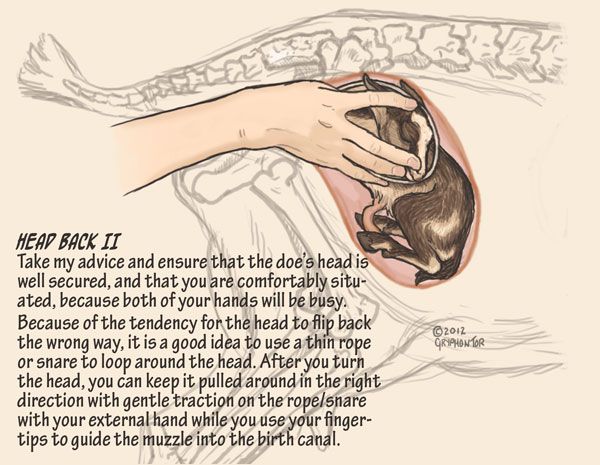
- Email*
- CAPTCHA
- Consent*
Yes, I would like to receive Today's Parent's newsletter. I understand I can unsubscribe at any time.**
FILED UNDER: Contractions epidural Giving birth Labour and delivery Pregnancy
Ten tips for birth partners | Labour & birth articles & support
Birth partners can help a woman feel supported in labour and make the experience more positive. Here are some top tips for being a brilliant birth partner.
Whether it’s your partner, daughter or friend due to give birth, it‘s an honour to be asked to be a birth partner. Yet this exciting role can also be daunting. Here we discuss some top tips to help you get ready.
You’ll find a whole number of ways you can help support the mum-to-be during labour (NHS Choices, 2017a). One place to start is by talking to them in advance about their expectations of you – ask them how they’d like you to support them. This will help you both feel more prepared ahead of the birth and confident in your role as birth partner (NHS Choices, 2017b).
This will help you both feel more prepared ahead of the birth and confident in your role as birth partner (NHS Choices, 2017b).
Watch this video for tips on how to support your partner during labour.
1. Be prepared
Birth partners should be prepared and ready. The weeks around their due date are not a good time to book an impromptu holiday or be in a meeting with your mobile phone switched off.
You should talk through their birth plan (if you have one) with the mum-to-be well in advance. Attending birth classes like an NCT course together can help you learn about what to expect in labour (Which? Birth Choice, 2018). Classes will also help you write a birth plan if you want one (Which? Birth Choice, 2018).
Ask the woman if there are any specific ways they would like you to support them during labour and the birth. Also ask about any no-go areas. And know your limits too – if there are bits of the birth you prefer not to get hands on with, make it clear beforehand. For example, let her know if you don’t want to help cut the baby’s umbilical cord.
And know your limits too – if there are bits of the birth you prefer not to get hands on with, make it clear beforehand. For example, let her know if you don’t want to help cut the baby’s umbilical cord.
If you’re planning to use any new kit during labour like a TENS machine, make sure you test it out ahead of time and know how to use it.
2. Be there and know what she wants
The number one thing you can do for a woman in labour is be there as continuous support for them and help them with whatever they need at the time. Research has shown that having a familiar birth partner present throughout labour can help improve the birth experience (Bohren et al, 2017).
Whether that’s simply being there to hold her hand, or offering moral support and bringing some positive energy to the room (NHS, 2017b). Try to talk about what emotional, physical and practical support she would like too. Help her write down a birth plan or talk through it if she would like to. That way, you know her preferred birth choices like the back of your hand.
3. Provide company
During the early stages of labour you can help keep her company, make sure she is comfortable and help pass the time together.
You might be able to go for a walk together in the early stages of labour, watch television, listen to music or read together.
You can assist with whatever helps the mum-to-be feel comfy. She might like you to help her to bath, you could fetch her some relaxing creature comforts, or give her a hand to keep moving.
You’ll also need a break. Make sure you bring some snacks for you too and wear comfy clothes to keep yourself in top form (Northern Lincolnshire and Goole NHS, 2015).
4. Give her practical support
You can help in lots of practical ways. You could drive the mum-to-be to the hospital, carrying her hospital bag and helping her check into the birthing suite or hospital (NHS, 2017b).
When you get there, you could do things like helping her to move around the room and change positions. She might love you to give her a back rub or get her a cup of tea.
If she is planning a home birth you can help set up everything she needs at home, whether that’s a birthing pool or somewhere comfy for the mum-to-be. On the day you could offer to get the mum-to-be a hot drink and make phone calls to keep family updated.
The key here is to discuss and plan in advance what practical support she would like you to provide.
5. Provide emotional support
As the mum-to-be’s labour progresses and contractions get stronger you can be her rock, comforting and reassuring her. Simple gestures like holding or squeezing her hand and giving positive words of encouragement can really help.
6. Support her physically and take care of yourself
You can encourage the mum-to-be to keep active during labour and help her move about or change positions so she feels more comfortable (NHS, 2017b). You could also offer to massage her back and shoulders, wipe her face with a cold flannel, or simply give her a reassuring hug. You might also find you need to back off a bit if she needs space. Ask what she’d prefer.
Ask what she’d prefer.
To continue to support the mum-to-be well during labour, you also need to be on top form. You might be supporting and providing comfort to her for a long time. You may even find you haven’t slept all night and are extremely tired.
So take time out if you need it – whether that’s going for a quick toilet break, getting a hot drink or stepping out to make a phone call. Make sure you bring snacks and wear comfy clothes (Northern Lincolnshire and Goole NHS, 2015).
7. Listen to her
Try to really listen to what she needs on the day. It can be easier said than done but you will need to be intuitive and try and understand what she needs and when. Especially if she is in too much pain to express it well herself.
Be aware that her needs might change as her labour progresses. At times during labour, the mum-to-be might like emotional and physical support. Yet there might be other times when she would like to be left alone to help her focus.
8.
 Be confident, encourage and motivate
Be confident, encourage and motivateIf you are upbeat and confident in a woman’s ability to give birth, this will help encourage and support her.
Words are powerful. You can help your partner stay motivated during labour by offering words of encouragement. Tell her how much you love her, how well she is doing. Also respect her wishes if she asks you to be quiet.
Encourage her to use any relaxation and breathing techniques you have learnt, perhaps by doing them with her. She might not be able to see what is happening as the baby is being born. So help to motivate her by telling her what is happening and when you can see the baby’s head.
9. Be an advocate
You might need to express the mum-to-be’s needs to the midwife or doctor (NHS, 2017b). So help to explain to the health professional what she would like. You might also need to explain to her any new information from the health professionals.
Support the mum-to-be’s decisions, even if they're different from what's in her birth plan.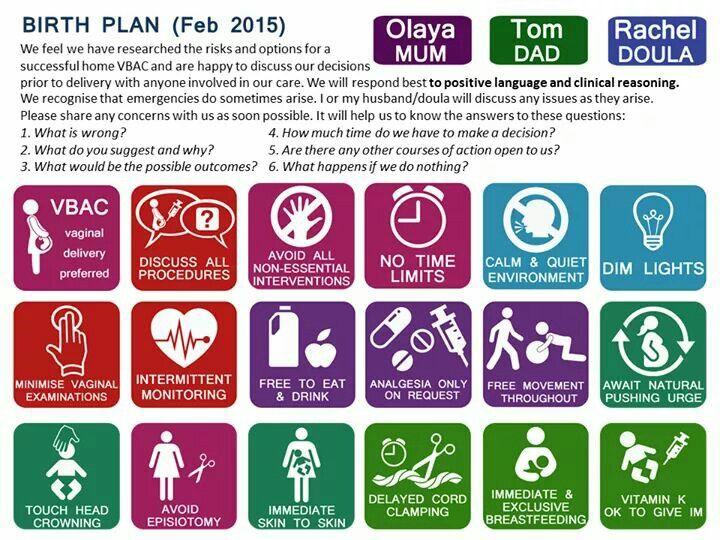 She might want to choose a different type of pain relief, for example.
She might want to choose a different type of pain relief, for example.
10. Be flexible
Be prepared to be flexible. No two labours are the same and, although you can prepare, you will need to adapt to whatever is working or not working during labour. It’s possible that everything will go to plan but you might also find that an urgent medical situation arises and alters the course of the labour.
If this happens, tell the mum-to-be what’s happening if you can and continue to encourage and reassure her. This will help her feel more in control of the situation.
You might be waiting a long time for her labour to progress, or you may have to make quick decisions based on medical advice and her best interests. Be prepared to be flexible on the day and go with the flow.
Give yourself a pat on the back too
Being a birth partner can be an incredibly rewarding experience. Yet it can also be nerve wracking and emotionally draining.
As well as congratulating the mum-to-be on their new arrival, don’t forget to take some time out for yourself afterwards and talk to a friend about it.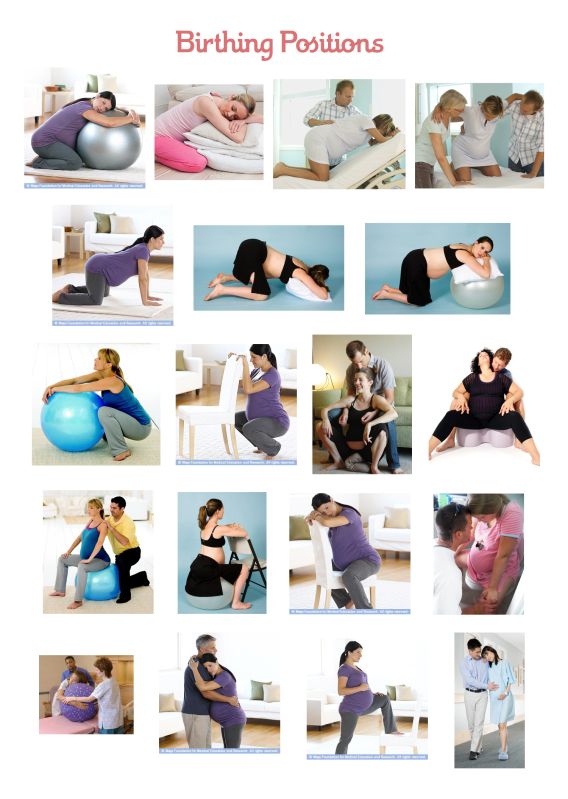 Make sure you give yourself some recognition for the part you have played in the baby’s birth too.
Make sure you give yourself some recognition for the part you have played in the baby’s birth too.
Further information
Our support line offers practical and emotional support with feeding your baby and general enquiries for parents, members and volunteers: 0300 330 0700.
We also offer antenatal courses which are a great way to find out more about birth, labour and life with a new baby.
Make friends with other parents-to-be and new parents in your local area for support and friendship by seeing what NCT activities are happening nearby.
Find out more about NCT Doulas and how they can during labour. NCT Doulas provide women, and their partners, with skilled physical and emotional assistance during labour. They have up-to-date knowledge and information about labour and birth and help provide encouragement to woman. This helps enable them to have the type of labour and birth they would like. NCT Doulas are qualified professionals who have completed a professional Doula UK course, developed by NCT in partnership with the University of Worcester.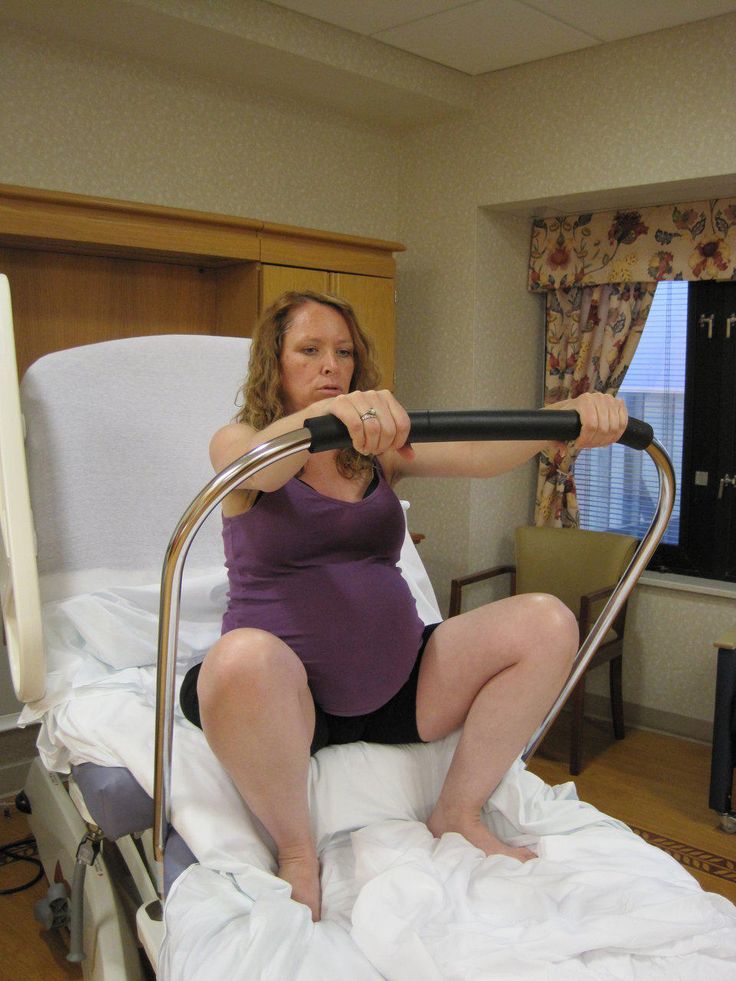
memo to a novice father - Offtopic on DTF
1306 views
I have been reading DTF for a long time, and somehow there was a desire to share my experience in one industry that is not very related to the gaming industry. Moreover, my third child is already almost three months old, and all the main moments of his birth are still fresh in my memory. For some reason, I am sure that there are or will be future fathers or mothers among DTF users, and this information will definitely not be superfluous to them.
The fact is that the birth of a child is, to put it mildly, a difficult and often traumatic process. And it is no secret that the mother of a child very often at the time of childbirth is in a stressful state, which does not allow her to respond in time to very rapid changes. Therefore, everything that I will describe is more like Siri Keaton's notes, which will help the observer from the side (in partnered births, for example) to see that everything is going right. Or, seeing that something has gone wrong, in time to draw the attention of doctors to this.
Or, seeing that something has gone wrong, in time to draw the attention of doctors to this.
Believe me, partnership childbirth is more about moral support and timely assistance. And the life and health of your loved one and child may depend on how aware you are of this situation.
I will say right away that everything written below is my personal “condensed experience” for all three trips to the maternity hospital, as well as the experience of my friends. All births are different, but there are almost always a number of key points that overlap. Also, everything that I will tell you is related to traditional childbirth, and if there are complications during pregnancy, you need to consult a doctor and, most likely, you will already know all this and ask the right questions at the appointments.
I've been thinking for a long time about making a sort of checklist of the most critical things to check and remember. And this information is more for men, then I will describe all the tips in a simple logical language, as motorists love - a light comes on - a fraction of oil, another one lights up - call the master.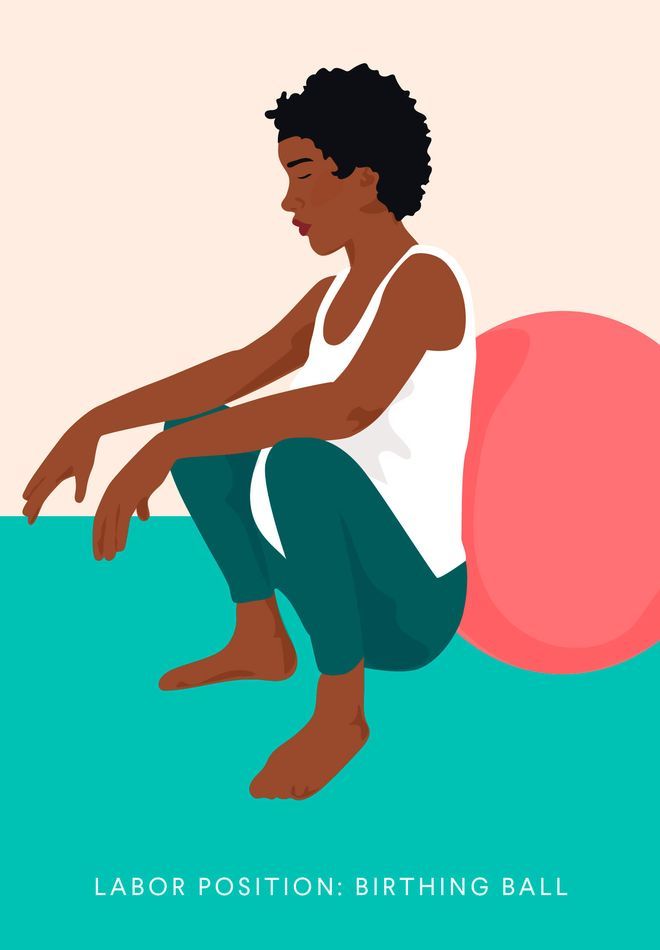 I also want to convey a simple description of the processes that occur in the body of a woman giving birth, so that you understand what is happening at each stage.
I also want to convey a simple description of the processes that occur in the body of a woman giving birth, so that you understand what is happening at each stage.
First: all movements related to childbirth must be started in advance.
Strongly in advance. For example, you were told the time of the due date - the approximate date of childbirth, or when the baby will come out of the stomach. In the normal course of pregnancy, things must be collected in the hospital 3 weeks in advance and put in the car, put at the entrance, make sure that they are in the minute reachable mode. In things you need to put at least two snacks for yourself and your mother, loose-fitting clothes such as pajamas, slippers (preferably not white), documents (passports, marriage certificates, etc.) and money.
If you leave your children to someone else, then you need to pack things for them too, so that you don't run around in a panic later. Put the canned food in a conspicuous place for the cat.
This is necessary so that if something does not go according to plan and in advance, you would be ready to leave the house in 5 minutes and go to give birth. I'm not joking, in a number of layouts the score goes exactly for minutes, especially if the hospital is an hour away, and there are traffic jams on the highway.
You need to understand that a mother (of a future child, of course) at the time of strong contractions will not be able to think, speak and even walk soberly, so you must understand what is happening and do a lot for her. When that day comes, the last thing you want to do is pack your things.
Second: you need to know approximately the position of the baby and what kind of dilation before birth.
A bit of materiel. She will be simple. In a living person there is a bubble, in it is a child connected to the mother through the placenta by the umbilical cord. Just like in the game Genius. The child can be pulled out through an opening called the cervical canal and further through the vagina to the outside. The child comes out upside down. That is, before giving birth, he should be strictly upside down.
The child comes out upside down. That is, before giving birth, he should be strictly upside down.
If a month before the birth he lies incorrectly, you should immediately talk to the doctors. What does this mean for a man? Haemorrhoids. It is necessary to turn the child over to obstetricians, and if this cannot be done, then one must be prepared for a caesarean section - that is, simply cutting out the child from the abdomen (womb). This is even more hemorrhoids, so if you know from an ultrasound scan for two months that the child has not rolled over, you need to deal with the coup. Talk to the doctor, do exercises, be observed. Raise this issue.
In general: you should check that 2-3 weeks before the birth, the baby is exactly upside down. If not, you should discuss this with your doctors in advance.
The child passes through the cervical canal during normal delivery and its opening is the main characteristic of the mother's readiness for childbirth. Usually it is 2 cm 2-3 weeks before delivery. For the child to come out, you need 9-10 cm opening, no less. But this is achieved already in the last hour of childbirth. Almost like a key to launching a rocket - 9-10 and give birth. At the same time, at the time of childbirth, the amniotic fluid should depart, just pour out of the mother. It doesn’t always work that way, sometimes some of the waters break, sometimes the waters may not break, I’ll tell you about this later.
For the child to come out, you need 9-10 cm opening, no less. But this is achieved already in the last hour of childbirth. Almost like a key to launching a rocket - 9-10 and give birth. At the same time, at the time of childbirth, the amniotic fluid should depart, just pour out of the mother. It doesn’t always work that way, sometimes some of the waters break, sometimes the waters may not break, I’ll tell you about this later.
That is, in order for the child to come out, three conditions are necessary:
- lies upside down
- opening from 9 cm
- the waters broke in hospital. I am not a supporter of home births. This is really creepy.
Until the day of delivery, your loved one will constantly roll on a hormonal swing. This is fine. It's not about personality, it's about chemistry. Everyone has their own swings. Now tears, then joy, then the desire to clean everything around and change something. Sympathize, but always think soberly. Not all of the great mom-to-be ideas are actually healthy.
Not all of the great mom-to-be ideas are actually healthy.
Third: when to go to the maternity hospital?
So, the day has come, and you understand that you need to go to your family. But when to do it? It's simple. If the birth is not planned, then you need to go only when the expectant mother has regular contractions. Or how the waters break. She definitely won't mix it up with anything. But not just contractions, but regular contractions with an interval of 8-5 minutes constantly for an hour.
What is broken water? The bubble bursts, and all the liquid pours out of the person, sorry, out. Sometimes part of the water leaves, sometimes it doesn’t leave at all until the bladder is pierced in the hospital. But in the scenario when all the waters have broken (there are usually a lot of them - you can’t confuse this), you, relatives, have 40 minutes for everything. It may well be that the contractions went unnoticed, for example, in a dream, and the channel increased to 5 cm without seeing a doctor, and the bubble burst. The waters catalyze the process, causing the softening of that same cervical canal, and in an hour and a half it will already be 10 cm and it is necessary to give birth.
The waters catalyze the process, causing the softening of that same cervical canal, and in an hour and a half it will already be 10 cm and it is necessary to give birth.
I'm not kidding, as soon as all the waters broke, you should be in the hospital in 40 minutes. If you can't get there, call an ambulance. For a man, this is a red flag - everything will happen very quickly, and you can’t hesitate here. So you take your packed suitcases and go straight to the hospital.
Think about choosing a hospital in advance, this is an important point. You can really not have time to get there if the waters have receded. It was the same with Leo - my wife got up to go to the toilet at night and her bubble burst. An hour and a half later, we were already in the hospital with the baby in our arms.
Upon arrival at the hospital, IMMEDIATELY tell all the features of pregnancy, if you know any: whether there were discharges or not, with blood or not. You don’t need a lot of details, they themselves will immediately look, but be sure to say something that you noticed and seemed strange to you.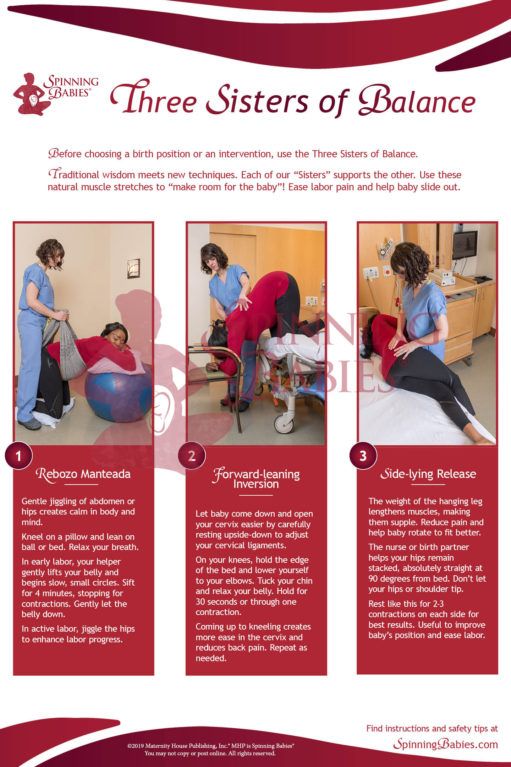
Fourth: continuous condition monitoring.
In the hospital, most of the responsibility is removed from the partner, except for the main one: organizational. Immediately find out who will be delivering, who is your midwife, and monitor these people so that they don’t turn out to be out for lunch or whatever, and no one is in business. This happens frequently and intensely. For them, you are a short-term phenomenon, of which they have 10 per day. Don't let them forget what's going on with you.
These heart rate monitors are usually attached to the stomach.
If possible, monitor the baby's heartbeat at all times. It is important. Usually, labor and heartbeat sensors are hung on the mother. If you see that they are low or very high, immediately run after all the doctors you see. Oxygen starvation at this age leads to so many sores that it is better to prevent it right away.
So, you arrived at the hospital, and already the dilatation, for example, is 6 cm. Know that 6-8 cm dilation without broken water is the piercing of the bladder. Watched Mr. Robot? That's where the pregnant mother pierced it herself, because she knew that after the puncture 40 minutes - an hour and give birth.
Know that 6-8 cm dilation without broken water is the piercing of the bladder. Watched Mr. Robot? That's where the pregnant mother pierced it herself, because she knew that after the puncture 40 minutes - an hour and give birth.
Doctors pierce because it doesn't always break on its own - many people have a tight bladder. Wife was pierced twice, once he burst himself.
But, again, I repeat - the dilation is 9 cm, the water has broken, and for 40 minutes, a maximum of an hour and a half - and you have a child in your arms.
Fifth: prenatal symptoms and attempts.
We are approaching the desired climax. Usually, as the whole movement began, the woman in labor is not allowed to eat, only to drink. And another important point is connected with this: just before the onset of childbirth, when the fetus climbs along the canal, there will be a feeling that you really want to go to the toilet to poop. But this is not so, this child presses on the intestines.
So, if a mother says that she feels at the same time the urge to go to the toilet and heaviness downstairs, this is definitely a child climbing. These are already attempts - generic activity. Usually, at that time, both the obstetrician and the doctor are already on site and delivering.
During our first birth, my wife confused these attempts and went to the toilet, and the midwife let her go! And only there she realized that it was not poop at all, and damaged her birth canal. And I didn’t know either - I thought I was helping, I took her to the toilet. Now, of course, we would not repeat this mistake. Don't repeat these mistakes.
Sixth: to anesthetize or not?
Usually offer epidural anesthesia. When you give birth, it is very painful. I don't know, according to my wife. But the worst thing is not that it hurts, but that it hurts for a long time. Contractions can be a day and then a few more hours of really wild pain of childbirth. The forces of the woman in labor are leaving, and she still needs to strain and push. There may not be strength left for this at the very end of the race. Why endure it, you ask, when you can not endure?
There may not be strength left for this at the very end of the race. Why endure it, you ask, when you can not endure?
It looks painful, but it's better than suffering more pain.
The epidural simply turns off pain receptors below the waist. Pluses - you don’t feel anything, nothing at all, only numbness. How the gum went numb at the injection site at the dentist.
Minuses - they are. It's a shot in the spine. Painful, but really nothing compared to childbirth. One significant minus - you do not feel how to give birth and where to push to extract the child, instrument flight, as they say.
That's why, at the very moment you're trying, you have to, sorry, look at the doctors and your mother and tell her what and where. Those who give birth understand little in this state. It is better to explain all this to the expectant mother in advance and understand where to push. How to breathe at this time. Another minus - during the epidural, the intestines stand, so after childbirth there may be constipation.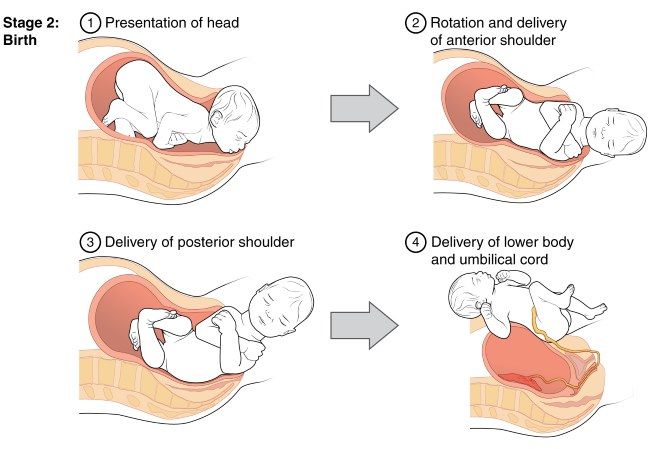 We need to prepare for this and not panic. But, again, this does not happen to everyone. My wife gave birth for the third time with an epidural and we are happy as elephants, because she even laughed at the midwives' jokes in the process. I saw two past births, and this is real earth and sky.
We need to prepare for this and not panic. But, again, this does not happen to everyone. My wife gave birth for the third time with an epidural and we are happy as elephants, because she even laughed at the midwives' jokes in the process. I saw two past births, and this is real earth and sky.
Seventh: the point of no return - after life will not be the same as before.
So, the birth itself. There is more work of specialists, but you have to be on your guard. For example, make sure that the umbilical cord does not wrap around the child's throat, so that the head comes out in a few attempts. That is, if you saw how the head comes out, everything should pass in 3-5 minutes. The body comes out almost immediately. Then the placenta comes out. The practice now is such that the child is given a couple of minutes to hang on the placenta, and only after that the umbilical cord is cut. That is, not right away.
It is also possible to miss something at this stage. Make sure that mom breathes and pushes as the doctors say, well, naturally repeat everything after them - this has a good effect, because often mothers simply do not understand or may not hear, it is so painful and hard.
Make sure that mom breathes and pushes as the doctors say, well, naturally repeat everything after them - this has a good effect, because often mothers simply do not understand or may not hear, it is so painful and hard.
Well, don't panic. This is basic. Never. Be extremely calm and constantly think logically. You are a partner who is always conscious and near. And this is the main thing in partnerships.
Congratulations to everyone who read to the end, but who could not, I have collected all the main points briefly below:
1. Get together in advance, check 3 weeks in advance that the baby is lying head down.
2. Monitor cervical dilatation 3 weeks before the event.
3. If the contractions started, check the regularity, get ready and go if they are regular in 6-8 minutes.
4. A lot of water has broken - we leave everything and go right away. There are 40 minutes, we do not have time - we must immediately call an ambulance.
5. We listen to our wife, but we will be prepared for the fact that she will not be able to react critically.
6. We arrived at the hospital, examined my mother - immediately remember the disclosure. If 4-6, that is, another 2-6 hours, if 8 - it’s already soon to give birth, an hour maximum.
7. Put an epidural, but only with severe pain and with a good specialist. And in advance, opening up to 8 should be. There will be more strength for childbirth.
8. Mom doesn't eat when everything starts, it's better to drink water.
9. They can give you an oxytocin drip - that's fine. Immediately ask about what plan for weak labor activity.
10. As soon as the heat starts - 8 cm dilation, then the urge to poop - this is not it, this is exactly giving birth.
11. It takes 4-10 attempts to give birth, just remember this. And tell your mom to remember to push 3 times for one contraction.
12. After childbirth, it is necessary to check that the baby poops for the first time black feces, meconium and pees. And mom should also pee in the first 24 hours after giving birth, this is important.
Hope this helps someone. Still, childbirth is a rather traumatic procedure, and it is almost impossible to figure it out the first time. About how to be with a child in the first days and months - pulls on several separate posts, but how to play with them - in general, on a whole subsite!
Health to you, and if anything - I can answer questions in more detail in the comments!
P.S. And here is Michael, who prompted me to gather all my thoughts and write this post!
We give birth together - articles from the specialists of the clinic "Mother and Child"
Bugrova (Smetanina) Elena Alekseevna
Pediatrician
Clinic "Mother and Child" Ryazan
A husband in childbirth is not just a pleasant companion and companion, but also a faithful companion, which means that the right hand of a woman giving birth
It is necessary to prepare for childbirth, and both mother and partner must prepare, and it is better to do it together.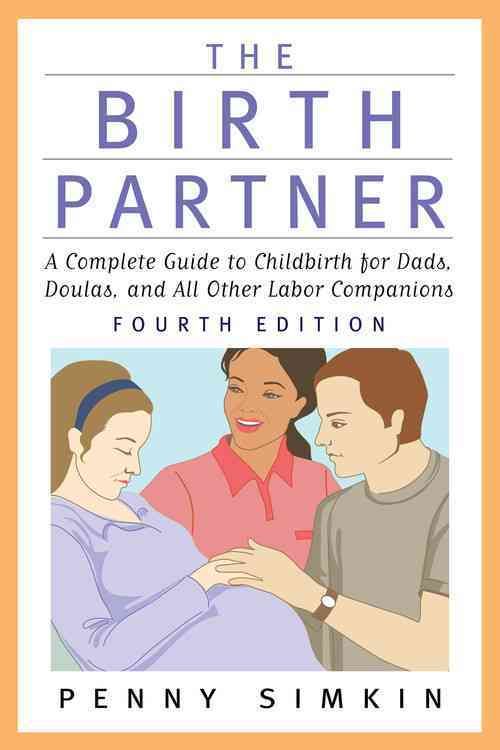 This means that she can not give all the best, because her partner must do something for her. But that's not the case at all. The woman herself always gives birth, and her husband and doctors only help her in this.
This means that she can not give all the best, because her partner must do something for her. But that's not the case at all. The woman herself always gives birth, and her husband and doctors only help her in this.
He will just be there
Many women are much calmer if they know that there is a loved one nearby, and from the mere presence of an assistant they begin to feel and behave more confidently and correctly. Moreover, childbirth is a long process, the doctor and midwife enter the birthing box periodically, and most of the time the woman in labor is left to herself. And not everyone likes to endure fights alone. Still, when a close person is nearby, he will talk and distract, and in general it is always more fun together.
In addition, if some medical intervention is suddenly required or something else needs to be done, the partner will help to sort it out. After all, he is not exhausted by contractions, so he can discuss the situation with the doctor, and “translate” the doctor’s prescription into an accessible language. By the way, the words of a loved one are much easier to perceive than the speech of an outsider. And husbands, according to the doctors themselves, generally create a more businesslike and collected atmosphere during childbirth.
By the way, the words of a loved one are much easier to perceive than the speech of an outsider. And husbands, according to the doctors themselves, generally create a more businesslike and collected atmosphere during childbirth.
Partner will support and encourage
To support, calm down, at some point to joke, and at some point to bring to life - these are also the tasks of a partner during childbirth. Well, the future dad can generally help physically. Now it is well established that it is much easier to endure contractions in motion or in some comfortable position. So you can take a walk with your husband, ask for help finding a comfortable position, a man can do a relaxing or pain-relieving massage, after all. And you can also hang on the neck of your beloved husband - hanging poses also help to better endure the birth pain. And do not be afraid to load a partner: joint work will both distract and bring benefits.
The partner will tell you what to do
If a woman becomes confused and suddenly forgets how to breathe, relax and behave properly, then the partner will come in handy again.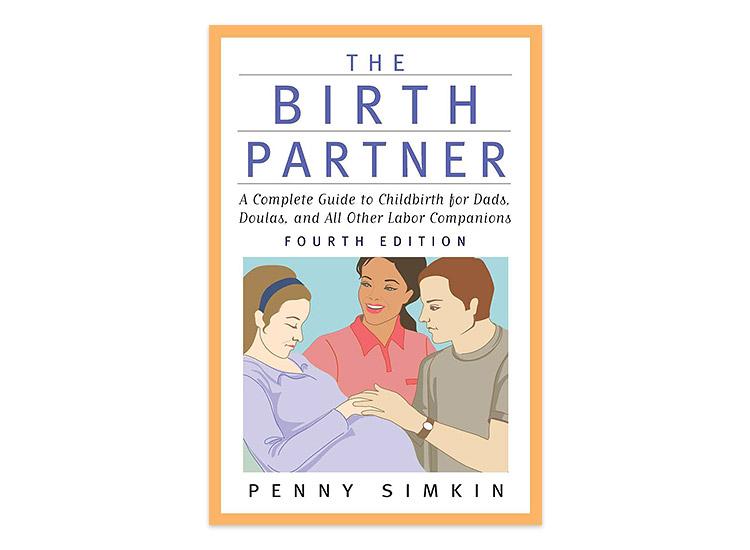 He will tell mom what to do: help her get into a rhythm, breathe with her, just control her breathing. True, for this he himself must know how the birth goes and how he can help to transfer them.
He will tell mom what to do: help her get into a rhythm, breathe with her, just control her breathing. True, for this he himself must know how the birth goes and how he can help to transfer them.
whom to take
Any person can be taken as a birth partner, and he does not have to be a relative, any close person will do. Most often, a husband, sister or girlfriend is taken for childbirth, and this is understandable: it is easier and more pleasant to interact with a familiar person during childbirth. True, there is one important point here: if you invite a sister or girlfriend, it is better if she already has experience in childbirth, and positive. That is, the assistant must understand what and how happens in childbirth, what a woman feels, be tuned in to a good result and not project her experience of childbirth onto the real process. But this is an ideal option, and it is not always possible. By the way, some women want to take their mother to give birth. So, this is not worth doing.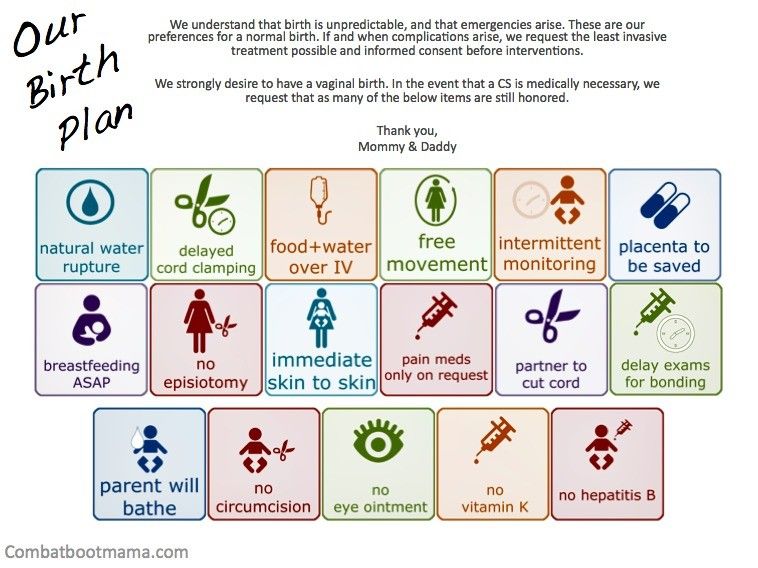 Parents are always very worried about their child, and a mother during childbirth can get excited and not provide the help that is expected of her. Therefore, it is better to take care of your mother and not take her to give birth, she will be very useful later as a grandmother.
Parents are always very worried about their child, and a mother during childbirth can get excited and not provide the help that is expected of her. Therefore, it is better to take care of your mother and not take her to give birth, she will be very useful later as a grandmother.
A good option is to take a professional partner: personal midwife, perinatal psychologist. True, you will have to pay for their services, but these specialists will definitely provide high-quality and necessary assistance.
What to do for a future mother
If you want to give birth with a partner, decide what you expect from him in childbirth. What action do you want or don't want? For example, there is an option when a partner actively helps a woman: breathes with her, gives a massage, conveys the doctor's recommendations, but always takes into account her wishes and focuses on the doctor's advice. Many expectant mothers like this way of interacting during childbirth. But there is another option: the partner is, as it were, on the sidelines, he is just there, and only at the request of the woman begins to help her. Infrequently, but there are mothers who need exactly this from a partner.
Infrequently, but there are mothers who need exactly this from a partner.
Once you have decided on your desires, tell your partner about them. And of course ask him how he sees his role in childbirth. Be honest about everything, because you need to consider what you and your partner are capable of.
What to do for a partner
A partner also needs to prepare for childbirth: find out what the process is, how the contractions go, what a woman will feel in each of their periods. Then it will immediately become clearer than at what stage the partner can help or, conversely, when it is better to leave the woman in labor alone. After theory, you need to move on to practice: discuss with the expectant mother what exactly she wants from a partner in childbirth. A woman will say that she wants psychological support. What kind of support does she want? To sympathize with her or to cheer her up? Or maybe at some point the woman in labor will want to be left alone? All this must be discussed in detail in advance.

